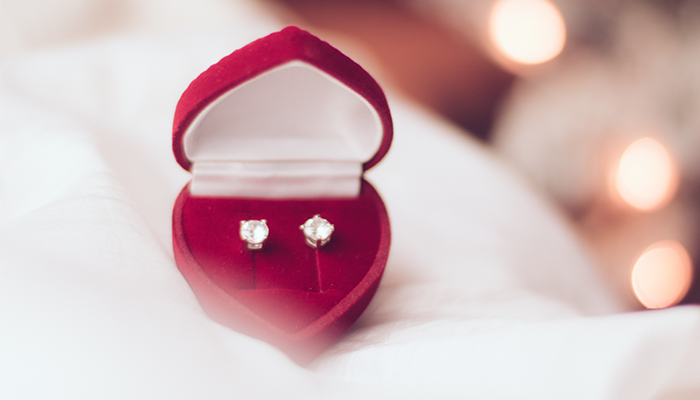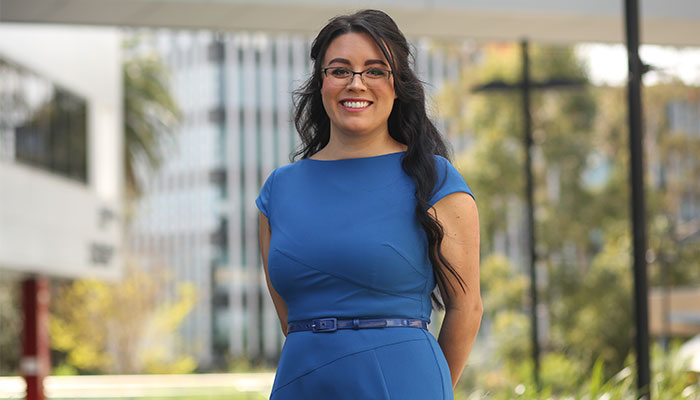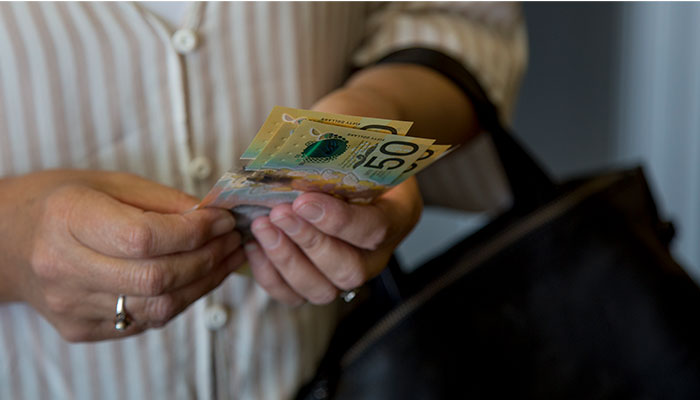While loved-up couples are expected to outlay more than $1 billion in Australia this Valentine’s Day, there is another segment of the market that has caught the attention of savvy retailers – the singles market.

The counterintuitive strategy celebrates singles, who retailers and brands have discovered are big business.
Valentine’s Day is the biggest spend occasion for Australians after Christmas, birthdays, weddings and anniversaries.
However, there has been a marked increase in anti-Valentine attitudes and this year shrewd Australian retailers are finding ways to tap into the singles’ market.
Self-love is growing
Numerous self-gift ideas are being promoted. Red Balloon is leading the activation for pre-Valentine's singles events with a range of self-experiences being marketed and even singles parties are being promoted.
And if that doesn’t work for you, then perhaps, like last year, Australia Zoo will let you name a venomous snake after your ex-partner.
According to Finder.com in 2019, the most likely Valentine's spenders were couples, with 66 per cent likely to splash out on their partner; the next most likely group to spend were separated singles at 52 per cent, with never married singles at 39 per cent and divorcees at 28 per cent.
In Australia, Interflora is tapping into a new niche market opportunity coining the segment “Pal-entines” and encouraging singles to buy flowers for themselves, their friends, and their family.
Pew research reports estimates that when today's young adults reach 50, one in four of them will have never married.
Major suburban shopping centres are getting in on the act and driving shopper foot traffic by promoting “flying solo” self-pamper package competitions excusively for singles.
There is even a Sydney Italian restaurant promoting a three-course anti-Valentine Day’s feast. And not to be outdone, national cinema chains are enticing patrons in with singles movie nights.
Demographic shift
The biggest surprise last year was the amount of money consumers spent on themselves on Valentine’s Day. In the US, self-splurging soared from $US71 per head in 2018 to $US235 in 2019.

One explanation for this is the shift in demographics. While the traditional nuclear family structure is still held in high regard in society, singles are now far from being the minority. In many markets, singles are one of the fastest-growing demographics.
Pew research reports estimates that when today's young adults reach 50, one in four of them will have never married. Furthermore, they are often cashed up and ready to realise emotional and material happiness in their lives.
China, for instance, has cashed in on this singles trend with its China’s Singles Day, or Double 11 day. This annual retail sales event, targeted at the singles market on November 11, originated in the 1990s when university students used to celebrate being single.
It is now marketed as an anti-Valentine's Day where singles can splurge on themselves. And it has come to represent a cultural event unashamedly focused on retail therapy and promotions.
Bigger than Black Friday
In 2009, China's e-commerce giant Alibaba started marketing it as a mega-sales day, with sales now making America’s Black Friday and Cyber Monday look like small fry.
In 2019, within an hour Chinese consumers had outspent the entire US Thanksgiving season sales. A record 200,000 brands participated and $US38 billion was spent, up 26 per cent on 2018.
Plus, the rest of the world is catching on: in 2019, 22,000 non-Chinese brands from 78 countries including the US, Korea, Australia, and Germany got involved. The top products bought were electronics, fashion, cosmetics and beauty.
But if waiting to splurge big during November’s Double 11 doesn’t work for you, then you can always jump on the anti-Valentine’s Day bandwagon this February and celebrate singledom early by buying yourself a gift.
You won’t be the only one.
Associate Professor Jana Bowden is a research specialist in the area of retail marketing, consumer engagement and consumer behaviour in the Department of Marketing, Macquarie Business School, Macquarie University.



